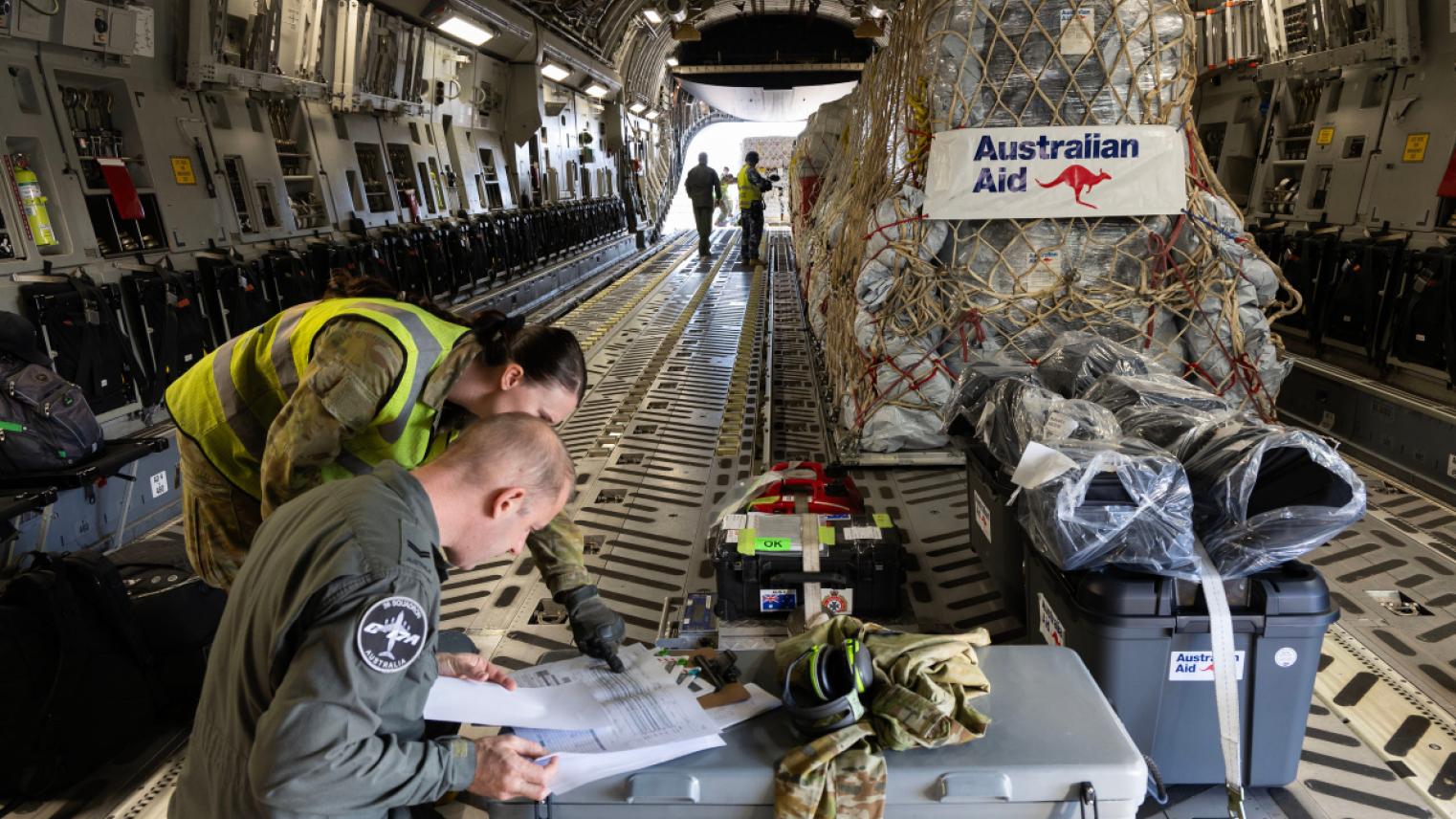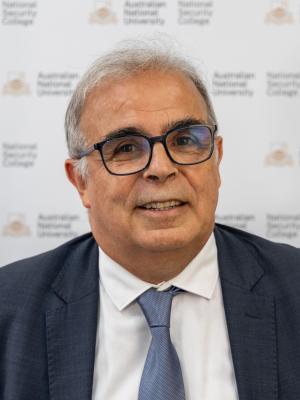This webinar examined the future of humanitarian assistance and disaster relief coordination mechanisms in the region.
Humanitarian Assistance and Disaster Relief (HADR) operations are becoming a central theme of Indo-Pacific cooperation. The increasing number of catastrophic events, linked in particular — although not exclusively — to climate change, calls for collective responses. However, geopolitical trends are simultaneously changing HADR’s perception. The need for cooperative approaches is growing in parallel with a significant politicisation of HADR activities as they become a key instrument in the tussle for influence in the Indo-Pacific. Rivalries though, are not limited to HADR providers. Recipient states are also asking for a greater appropriation of HADR without having always the capacities to match their ambitions.
This webinar examined considerations likely to affect the future of HADR coordination mechanisms both in the Pacific, where they are relatively advanced and in the Indian Ocean, where such mechanisms barely exist.
The webinar was moderated by Dr Frédéric Grare, who will be joined by Dr. Melissa Levaillant, Dr Anna Powles and William Leben for the discussion.
Event Speakers

Dr Melissa Levaillant
Dr Melissa Levaillant is an Associate Senior Policy Fellow with the Asia Programme at the European Council on Foreign Relations. Prior to joining ECFR, she worked as Deputy Director of Research and Studies at the French Institute for Higher Defence Studies. Melissa has also worked as a policy officer for South Asia at the General Directorate for International Relations and Strategy.


